- About ARCS
- National Leadership
- FAQ
- Diversity, Equity, and Inclusion
- Members
- ARCS Sparks Award
- ARCS National Luminary Award
- Scholars
- Partners
- Get Involved
- Ways to Give
- News
- Chapters Nationwide
- 2026: Albert G. Greenberg, PhD
- 2025: Anarug Agrawal, PhD
- 2024: Paula Diehr, PhD
- 2023: Heidi B. Hammel, PhD
- 2022: David A. Dixon, PhD
- 2021: F. Peter Schloerb, PhD
- 2020: Jessica Meir, PhD
- 2019: Peter J. McDonnell, MD
- 2018: Neil DeGrasse Tyson, PhD
- 2017: Suneel I. Sheikh, PhD
- 2017: Christopher Stubbs, PhD
- 2016: Stephen M. Lichten, PhD
- 2016: Jeanne VanBriesen, PhD, PE
- 2015: Shannon Brownlee, MS
- 2015: Barbara Jacak, PhD
- 2015: Ralph B. James, PhD
- 2015: David Mangelsdorf, PhD
- Breakthroughs and practical realizations in network measurement and management underpinning today’s high-scale Internet backbones.
- Architectures and practical realizations that power the Cloud, via high-performance data and control plane software running on every host and every network device within and across the data centers of today’s Clouds.
- Super high-speed, low-latency networking methods and practical realizations that power high-scale AI infrastructure.
ALUMNI HALL OF FAME INDUCTEES
READ ALL ABOUT THE PAST INDUCTEES HERE
Select a name to read their full biography:
Hall of Fame Inductees
2026 Inductee:
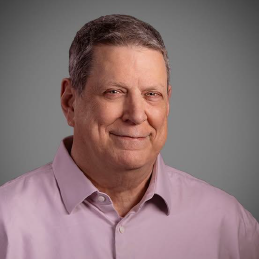 ALBERT G. GREENBERG, PhD
ALBERT G. GREENBERG, PhD
1983 ARCS SCHOLAR AT UNIVERSITY OF WASHINGTONCurrently SVP and Chief Architect Officer, Uber; former Corporate Vice President and Technical Fellow, Microsoft Azure Networking; former Executive Director, AT&T Fellow, and ACM Fellow, and given the ACM Sigcomm Award, the IEEE Kobayashi, and the University of Washington Distinguished Alumni s.
Dr. Albert Greenberg's pioneering insights, research and leadership as a computer scientist led to multiple breakthroughs that underpin today’s Internet backbones, large-scale Clouds, and AI infrastructure, including:
As a engineering leader, Dr. Greenberg has grown to help enable the success of AT&T, Microsoft and Uber, with his span of impact extending from networking to computing, data, AI, security, and high-scale services. His advances enabled always accessible digital information across devices, institutions and continents, enabling global commerce, large-scale scientific collaboration, and modern communications. His creativity resulted in cloud computing becoming the reliable, affordable global infrastructure that underpins modern IT. Now, during the cloud-enabled AI era, he is once again paving the way, developing a secure and efficient AI computing infrastructure, and collecting massive telemetry data to speed the use of autonomous vehicles.
Dr. Greenberg was elected to the National Academy of Engineering in 2016 for his contributions to the theory and practice of operating large carrier and data center networks. Dr. Greenberg has been awarded in essence all major ACM and IEEE awards in networking.
Dr. Greenberg’s pioneering work across academia, AT&T Bell Labs, Microsoft, and now Uber beautifully demonstrates how scientific innovation can benefit society while strengthening U.S. competitiveness. Through extensive patents, scholarly publications, and industry leadership, Dr. Greenberg has demonstrated how sustained investment in fundamental research can translate into broad societal and economic benefit.
Dr. Greenberg recounts how his purchase of a “top-notch modem” with his ARCS Foundation® award while he was a PhD candidate “allowed me to finish my degree faster and hooked me on computer networking. Moreover, the confidence boost from receiving the award was priceless.” His ground-breaking work exemplifies our credo “ARCS Stands Strong with Science.”
Read the press release here.
2025 Inductee:
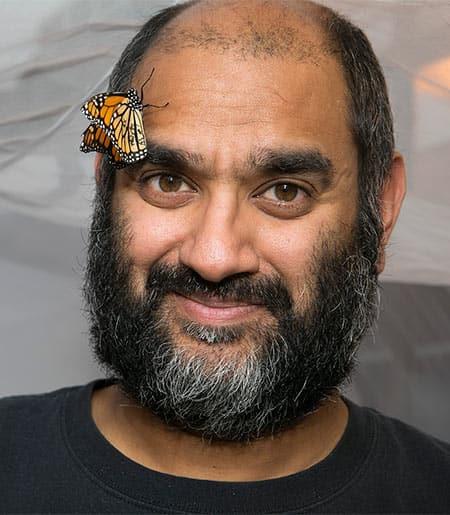 Anurag Agrawal, PhD
Anurag Agrawal, PhD
1998-99 ARCS SCHOLAR AT UC DAVISDr. Agrawal is the James Perkins Professor of Environmental Studies in the Department of Ecology and Evolutionary Biology at Cornell University.
He is renowned for discovering how plants and their predator insects evolve in a rapid “arms race,” with each surviving by rapidly adapting, at the molecular level, to the other’s threat. By uniting ecology, genetics, and chemical evolution, his work informs sustainable agriculture and has implications for infectious disease management. To avoid harmful consequences for humanity, his findings show the need to preserve entire ecosystems rather than targeting individual species’ eradication.
Agrawal was an ARCS Scholar in 1998-1999 while attending UC Davis, where he completed his PhD in 1999. He has over 300 peer-reviewed articles with over 38,000 citations and is a fellow of the National Academy of Science, the Ecological Society of America, and the American Association for the Advancement of Science.
2024 Inductee:
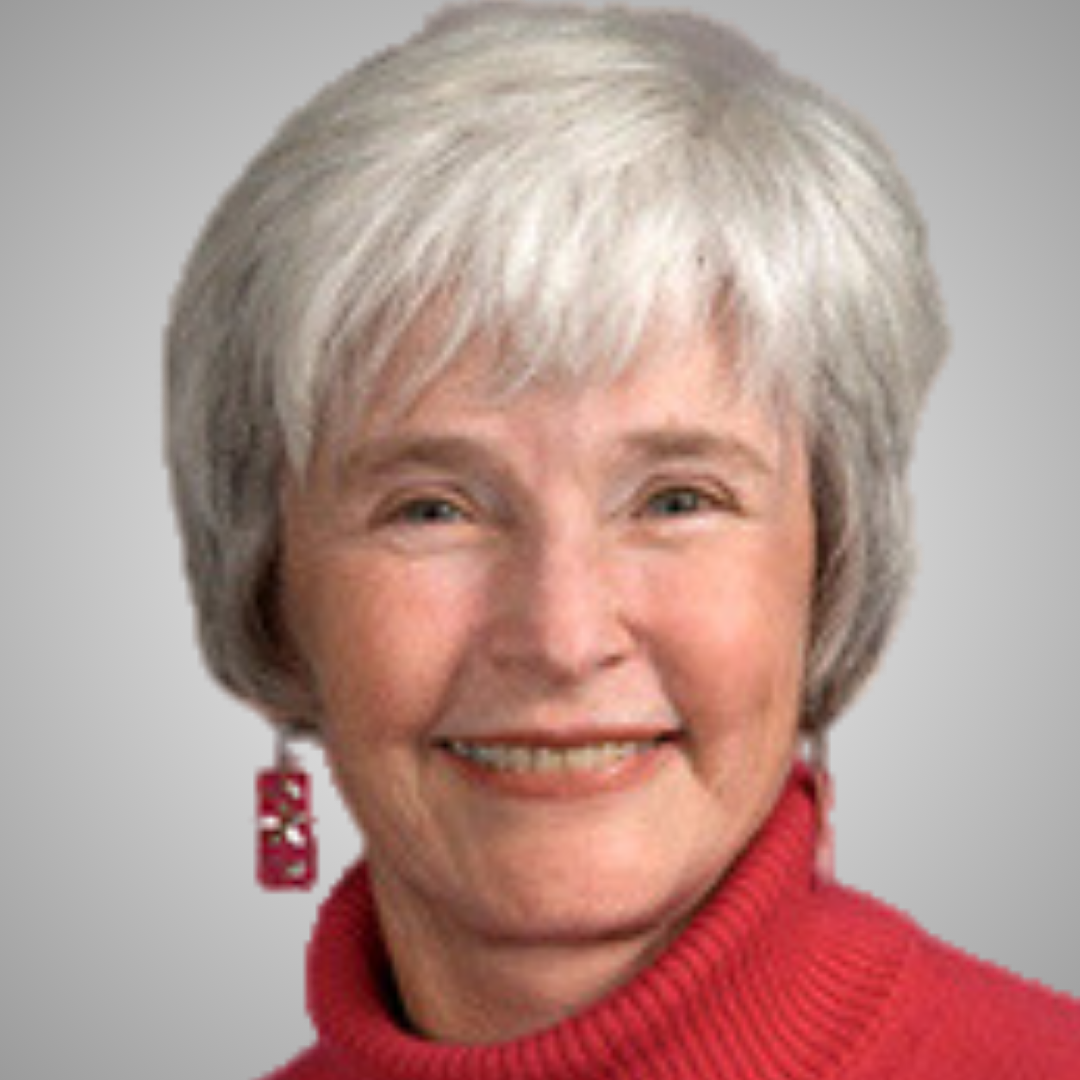 PAULA DIEHR, PHD
PAULA DIEHR, PHD
1960-61 ARCS SCHOLAR AT HARVEY MUDD COLLEGEDr. Diehr is a professor emeritus of Biostatistics and Health Services at the University of Washington. She has developed statistical methods and approaches used by thousands of medical researchers and health services.
ARCS recognizes her 60-plus years as a biostatistician, where she has brought prestige and recognition to her field, in addition to her early and influential work in the healthcare industry. Dr. Diehr pioneered the use of large datasets in the health and health services research areas. Her work has influenced the development of diagnostic procedures, standards for healthy living in older adults, and the analysis of large healthcare costs (such as those found in The Patient Protection and Affordable Care Act and Medicare). Her publications have a global reach due to her prolific publication record and numerous citations of her work.
Dr. Diehr was the first female ARCS Scholar awardee in 1960 while attending Harvey Mudd College in Claremont, California. From there, she completed her PhD in Biostatistics at UCLA.
2023 Inductee:
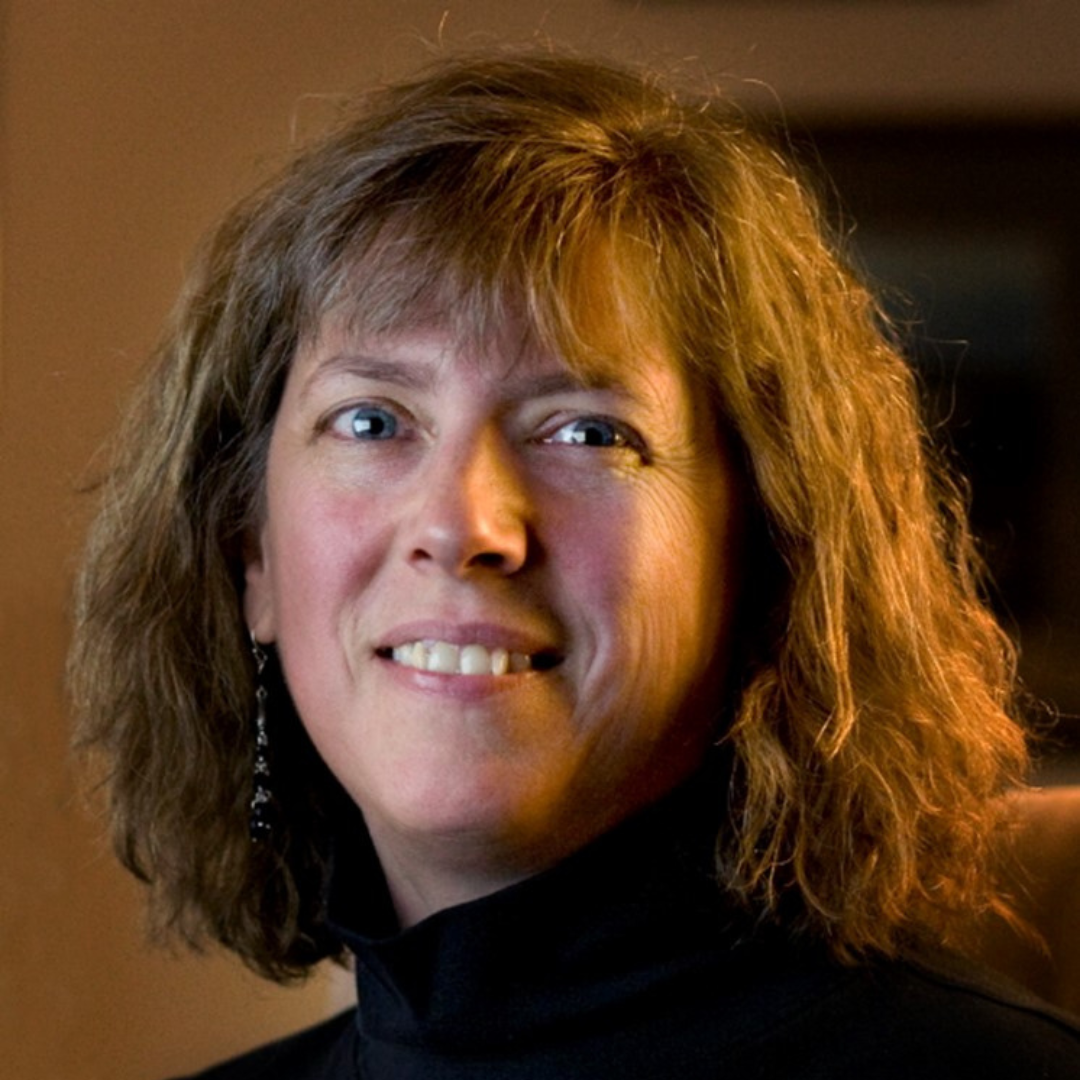 HEIDI B. HAMMEL, PHD
HEIDI B. HAMMEL, PHD
1983-86 ARCS SCHOLAR AT UNIVERSITY OF HAWAI'I AT MANOADr. Hammel is currently the Vice President for Science for the Association of Universities for Research in Astronomy (AURA). AURA operates world-class astronomical observatories, including the Hubble Space Telescope and James Webb Space Telescope (JWST) for NASA and the National Science Foundation's NORI Lab and National Solar Observatory.
She is also a Senior Research Scientist for the Space Science Institute and serves as Vice President of The Planetary Society, which advocates for advancing space science and planetary defense. ARCS Foundation has recognized Dr. Hammel for her expertise in planetary science and for her work with both the Hubble and James Webb Space Telescopes.Hammel received her ARCS Scholar award in 1983 while attending the University of Hawai'i at Manoa to complete a PhD in physics and astronomy.
Read the press release here.
2022 Inductee:
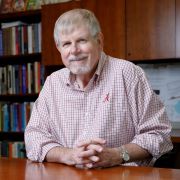 DAVID A. DIXON, PHD
DAVID A. DIXON, PHD
1968-71 ARCS SCHOLAR AT CALIFORNIA INSTITUTE OF TECHNOLOGYDr. Dixon currently holds the position of Robert Ramsay Chair, Department of Chemistry and Biochemistry at the University of Alabama. Known as a world leader in the application of numerical simulation methods to chemical problems and the use of computational chemistry to solve problems, his career includes outstanding research and leadership at DuPont Central Research and Development and Pacific Northwest National Laboratory before moving to The University of Alabama in 2004.
ARCS Foundation has recognized Dr. Dixon for his work in computational chemistry that caused a paradigm shift in the world’s major chemical companies. At DuPont’s Central Research at the Experimental Station in Wilmington, Delaware, his research focused on eliminating atmospheric ozone-depleting substances and getting replacements to market as soon as possible. “We needed alternatives that would degrade more quickly and never reach the ozone layer,” Dixon said. Dixon and his team came up with compounds that would fall apart by reacting with lower atmospheres. These alternatives to chlorofluorocarbons impacted the environment by initiating an evolution in energy production nationwide.
Dixon was sponsored as an ARCS Scholar by the Los Angeles chapter in 1968, while he was working toward his Bachelor of Science in Chemistry at California Institute of Technology.
Read the press release here.
2021 Inductee:
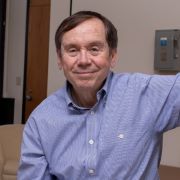
F. Peter Schloerb, PHD
1976-77 ARCS Scholar at California Institute of TechnologyF. Peter Schloerb, PhD, is the UMass Director of the Large Millimeter Telescope Alfonso Serrano (LMT), a joint project between UMass Amherst and Instituto Nacional de Astrofísica, Óptica y Electrónica in Mexico. A planetary scientist who specializes in radio astronomy at University of Massachusetts Amherst, Dr. Schloerb is also a professor of Astronomy and director of the Five College Radio Astronomy Observatory (FCRAO).
At 50 meters long, the LMT is described as the largest, single millimeter-wave antenna radio telescope in the world. The LMT is one node in the Event Horizon Telescope (EHT), which links eight strategically placed telescopes from around the globe to form an Earth-sized virtual telescope with unprecedented sensitivity and resolution. On April 10, 2017, when the EHT captured a close-up image of a black hole in the center of a galaxy 55 million light-years away, near the point where matter and energy can no longer escape and disappear forever—also known as the event horizon, and thus proving Einstein’s theory of general relativity. The glimpse of the black hole was revealed publicly in April 2019 and produced prolific honors for Dr. Schloerb and the EHT collaboration, such as the 2020 Breakthrough Prize in Fundamental Physics, also known as the “Oscar” of scientific awards.
Schloerb was sponsored as an ARCS Scholar by the ARCS Los Angeles Chapter in 1976–77, while he was working toward his PhD at California Institute of Technology.
Read the press release here.
2020 Inductee:
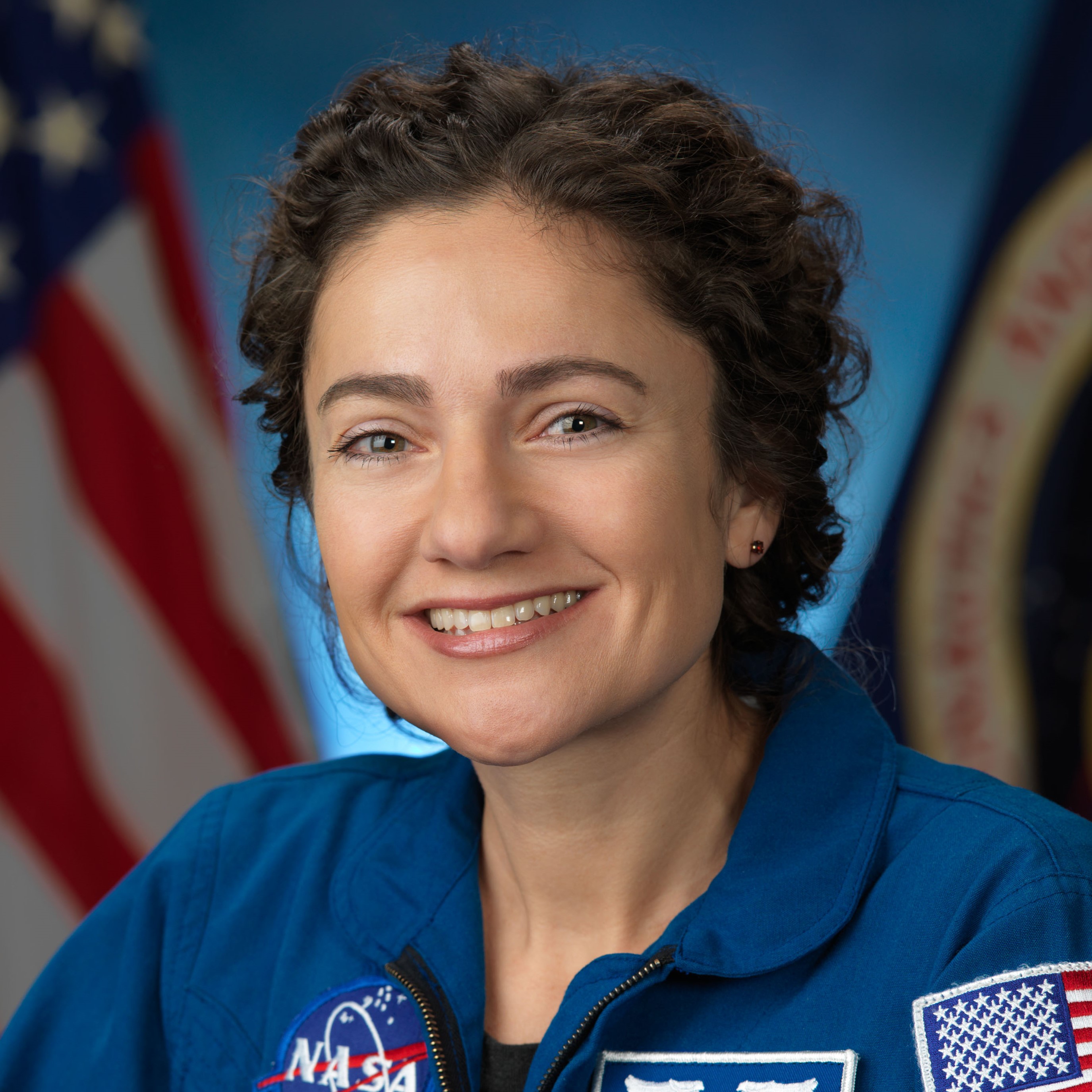
Jessica Meir, PHD
2007-09 ARCS Scholar at Scripps Institution of Oceanography, UC San DiegoJessica Meir is a NASA Astronaut and researcher. Meir is a dedicated researcher in the fields of Physiology and Marine Biology and has published nationally recognized research on the physiology of animals in extreme environments. She is currently stationed at the International Space Station (ISS).
Meir is a member of NASA’s Expeditions 61 and 62. Since her arrival at the ISS in September 2019, Meir has been taking part in cutting-edge research that will enable long-duration human space missions. Some of Meir’s ISS research includes the effects of microgravity on biological clocks, DNA repair mechanisms, and growing Mizuna mustard greens for sustainable in-space agriculture. This research and more will benefit future NASA missions such as the Artemis Program which will take astronauts back to the moon and beyond.
On October 21, 2019, Meir was one of the women to experience the first all-female spacewalk while replacing vital, but malfunctioning, power sources. The event was broadcasted live across the world and received recognition from the President of the United States. Though already a pioneer for science, this event propelled Meir forward as a national inspiration for women who pursue STEM. Meir recognized this role in an interview during the spacewalk.
Meir was sponsored as an ARCS Scholar by the ARCS Los Angeles Chapter from 2007-2009 at Scripps Institution of Oceanography, UC San Diego, where she received her PhD. At age 42, Meir is the youngest Hall of Fame recipient to date.
2019 Inductee:
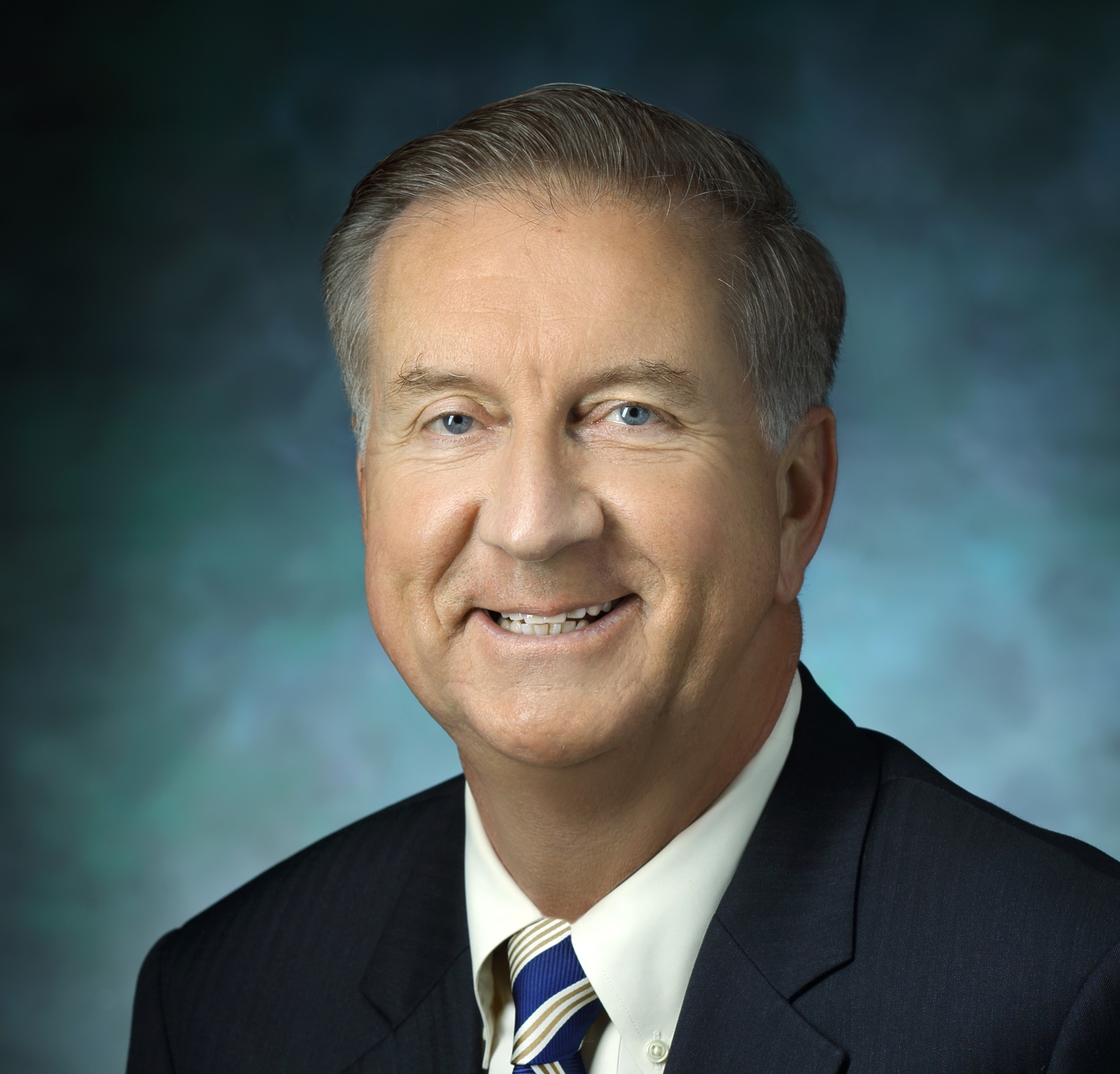 PETER J. MCDONNELL, MD
PETER J. MCDONNELL, MD
1981-82 ARCS Scholar at The Johns Hopkins UniversityDr. McDonnell received his bachelor’s degree in chemistry from Dartmouth College. A 1982 graduate of the Johns Hopkins University School of Medicine, Dr. McDonnell completed a residency in ophthalmology at the Wilmer Institute, followed by a fellowship in Cornea and External Diseases at the Doheny Eye Institute of the University of Southern California. He returned to Johns Hopkins to be Assistant Chief of Service at the Wilmer Institute, before joining the full-time faculty at the University of Southern California, where he advanced to the rank of professor in 1994.
In 2003, he returned to Johns Hopkins University where he leads the Wilmer Eye Institute as the sixth William Holland Wilmer Professor and Director. The Wilmer Institute is the largest ophthalmology department in the country, with over 200 full-time faculty, and it receives the most research funding.
Dr. McDonnell’s research interests include surgical correction of refractive error, dry eye disease, ocular infection and the use of nanotechnological solutions for the improvement of drug delivery to the eye. He acknowledges the great role that ARCS has had over his scientific career, saying “The encouragement that I received 30 years ago from ARCS, a group of women I didn’t know who simply wanted a young scientist to thrive while doing science, inspired me to continue in the joy of scientific discovery. It helped steer me to my ultimate academic career path as a physician, scientist, and educator.”
2018 Inductee:
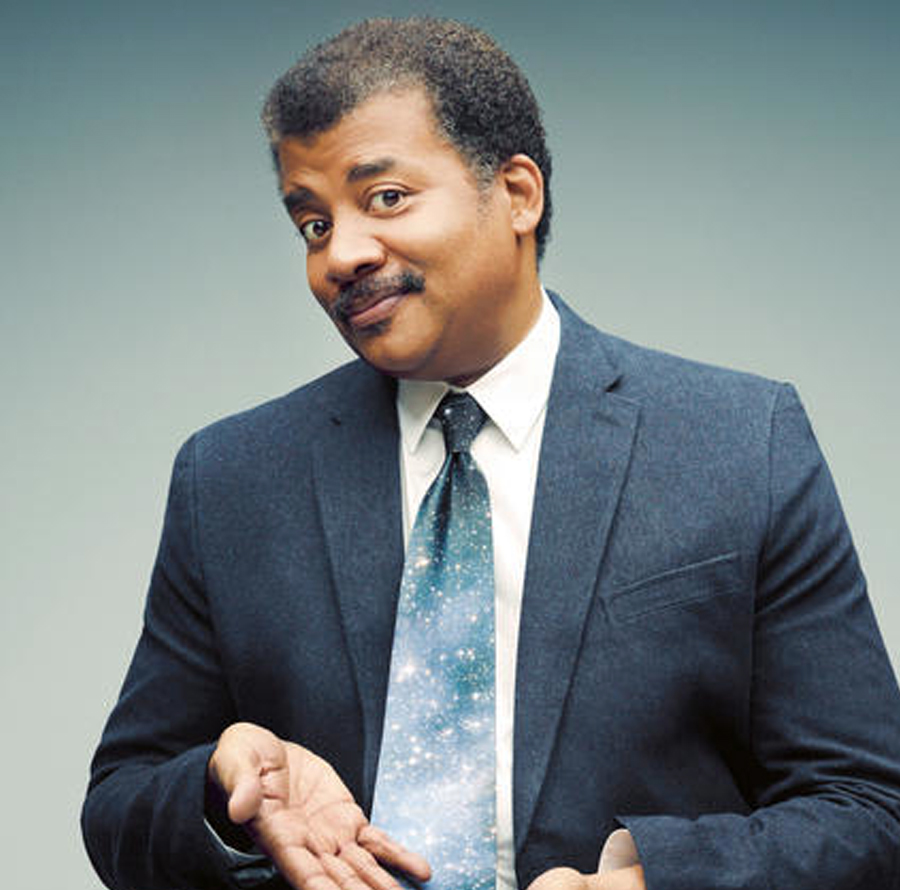 DR. NEIL DEGRASSE TYSON
DR. NEIL DEGRASSE TYSON
1991-92 ARCS Scholar at Columbia UniversityWorld-famous astrophysicist and media personality Dr. Neil deGrasse Tyson has been named by ARCS® Foundation as its 2018 inductee into the ARCS Alumni Hall of Fame. It is a rare honor, bestowed on ARCS Scholar Alumni who have made outstanding contributions to the advancement of science and to increase our nation’s scientific competitiveness.
Dr. Tyson, who was an ARCS Scholar in 1991 while pursuing his PhD in the Department of Astronomy at Columbia University in New York City, is currently Director of the Hayden Planetarium and a research associate in the department of astrophysics at the American Museum of Natural History. He has hosted educational science radio programs, podcasts, and television including NOVA Science Now, Star Talk, and Cosmos: A Spacetime Odyssey, which is an update to Carl Sagan's Cosmos television series. He is a prolific science writer and sought-after speaker.
“Dr. Tyson was a unanimous choice by the ARCS Alumni Hall of Fame panel for this honor, and is more than deserving of recognition for his significant contributions in communications along with all he has done to bring attention to science,” said Andi Purple, national president of ARCS Foundation. “It is achievements like Dr. Tyson’s that validate the ARCS mission and remind us how important it is that ARCS continue in decades to come to fund the best and brightest future U.S. scientists. His accomplishments are truly advancing science in America and it is our pleasure to welcome him into our ARCS Alumni Hall of Fame.”
“The ARCS Scholar Award I received was the right amount of money at the right time to make all the difference in my graduate career,” said Dr. Tyson, recalling his PhD research, which included travels to an observatory in the Andes Mountains in South America, funded by his ARCS award. “ARCS was like a launchpad to ensure that I would continue the graduate studies on time, on budget, and then start the rest of my life as a scientist.” Selection to the ARCS Alumni Hall of Fame is done is by a panel appointed by the national president and is based on alumni contributions in the areas of scientific innovation, discovery, economic impact, development of future scientists, and communications that increase awareness of the importance of US scientific superiority. Dr. Tyson discusses the significance of being an ARCS Scholar in this video here.
2017 Inductees:
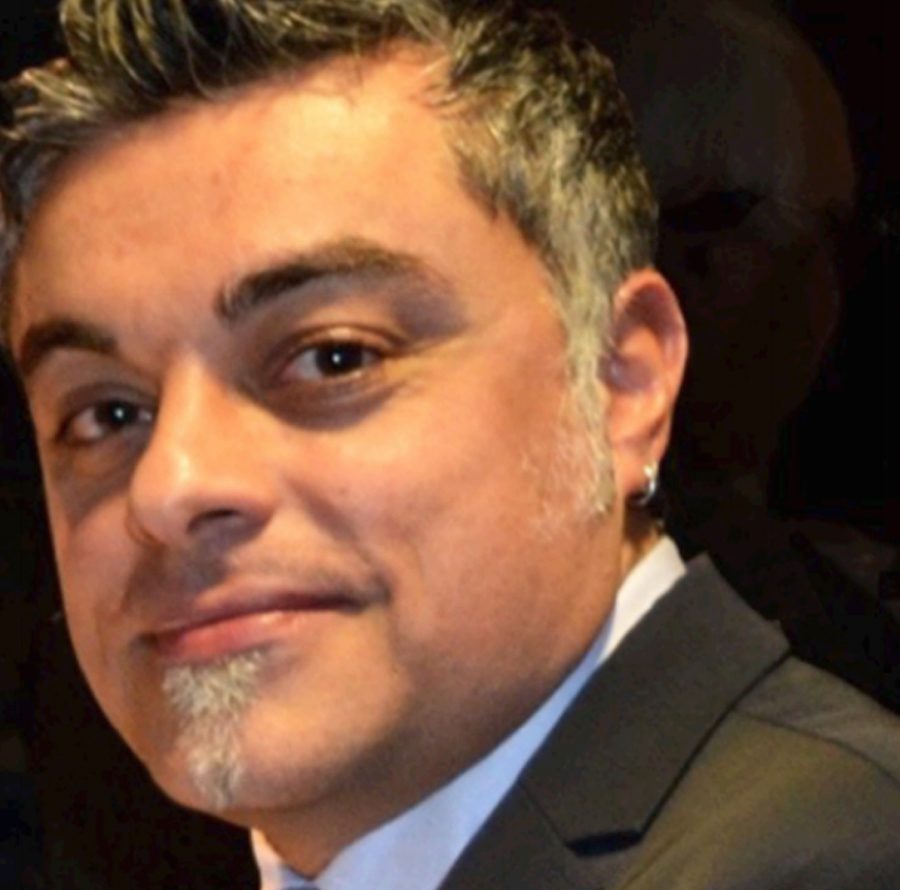 SUNEEL I. SHEIKH, PHD
SUNEEL I. SHEIKH, PHD
2002-04 ARCS Scholar at the University of MarylandSuneel I. Sheikh is the CEO and Chief Research Scientist of the Advanced Space Technology and Research Laboratories (ASTER Labs), Inc., as well as co-founder of the company in 2004. ASTER Labs is a technology development and research firm that specializes in advanced solutions for space, air, terrestrial, and medical applications. Dr. Sheikh created the company, in part, to operate as a bridge between the progressive, high-grade research at universities and the rapid development cycles of the aerospace industry.
Before returning to pursue a doctoral degree, Dr. Sheikh worked in the aerospace industry for ten years. Dr. Sheikh first worked for the Martin Marietta Corporation in their Titan IV launch group, concentrating on vehicle guidance analysis. He subsequently worked for Honeywell Inc. at their Honeywell Technology Lab, primarily on the research of aerospace vehicle inertial navigation systems (INS). This research focused on designing software and hardware for prototype navigation systems, including those that integrate inertial measurement units and Global Positioning System (GPS) sensors. His GPS research included aircraft landing systems and GPS attitude determination for spacecraft and aircraft. He holds several patents in these areas and is a recognized leader in GPS technology. Dr. Sheikh’s final Honeywell program was with NASA on the Space Integrated INS/GPS (SIGI) system, which is an operational navigation system on board the International Space Station.
The Ph.D. dissertation research study that Dr. Sheikh investigated was on the use of X-ray celestial sources, including pulsars, as navigation aids for spacecraft. This research was made possible by a significant two-year scholarship he received from the Achievement Rewards for College Scientists (ARCS) Foundation. These X-ray navigation – XNAV – and X-ray timing – XTIM – technologies were the basis for the development of several programs by DARPA and NASA on the subject and has become a worldwide topic of deep space navigation research. Dr. Sheikh also supports the development of ASTER Labs’ commercial Orbitus ED and Aptus products, designed as educational tools for engineering, physics, and astronomy students written in MATLAB to display satellite orbits, orbit transfers, rendezvous, vehicle attitude, and generates usable data associated with these trajectories and maneuvers. Dr. Sheikh also pursues research in the development of sensors for terrestrial personal and medical navigation, which can eventually be utilized by surface exploration astronauts.
Dr. Sheikh is an active member of several professional aerospace societies, including the Institute of Navigation (ION), the Royal Institute of Navigation (RIN), and the American Institute of Aeronautics and Astronautics (AIAA) where he is an Associate Fellow. He is on the Board of Directors for the American Astronautical Society (AAS). Dr. Sheikh has numerous publications and often serves as a conference session chairperson. He is also a member of several astronomical societies, including the American Astronomical Society (AAS) and the International Astronomical Union (IAU). Dr. Sheikh currently serves as the Outreach Chair on the Board of the North Star Section of the ION, where he runs the ION’s annual Autonomous Snowplow Competition. He holds a Ph.D. degree from the University of Maryland in Aerospace Engineering, and a Master of Science degree in Aeronautics and Astronautics from Stanford University, with an emphasis on spacecraft dynamics and control. He graduated with a Bachelor of Aerospace Engineering and Mechanics and a Bachelor of Mathematics from the University of Minnesota, Twin Cities. Dr. Sheikh is an avid pilot and aircraft owner.
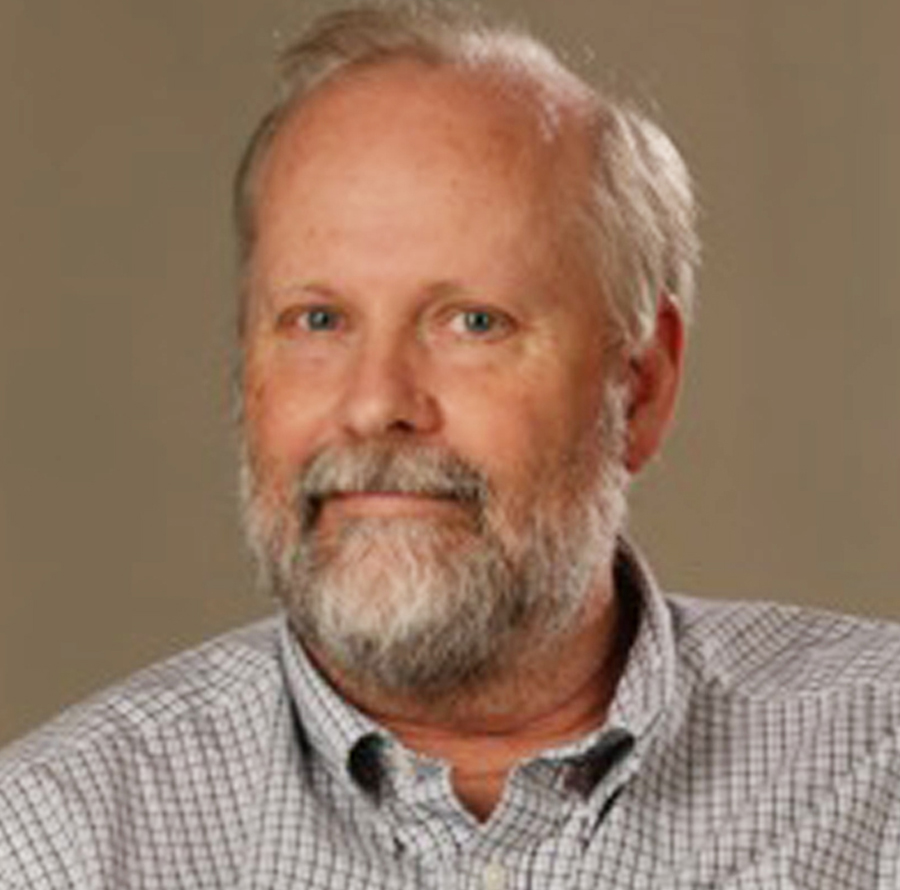 CHRISTOPHER STUBBS, PHD
CHRISTOPHER STUBBS, PHD
1997-98 ARCS Scholar at University of WashingtonChristopher Stubbs is an experimental physicist whose research interests lie at the intersection of gravitation, particle physics and cosmology. He has tested the foundations of gravity on laboratory, solar system and cosmic scales. Additionally, Dr. Stubbs was a member of one of the two teams that detected the accelerating expansion of the Universe. This discovery of the “Dark Energy” has been recognized by the Breakthrough Prize in Fundamental Physics, the Gruber Prize in Cosmology, and has profoundly impacted how we study physics. Using gravitational microlensing, Dr. Stubbs has also established the most stringent limits to date on dark matter.
A full-time professor at Harvard University, Dr. Stubbs was previously engaged in the construction of the Large Synoptic Survey Telescope (LSST), an 8.5-meter telescope with an unprecedented 3.2 billion pixel camera that is on track to begin operation in 2020. Currently, Dr. Stubbs also serves as an advisor to the US government on technical issues that pertain to national security and is an Annenberg Distinguished Visiting Fellow at the Hoover Institution.
Dr. Stubbs acknowledges the impact ARCS Foundation had on his work, saying, “The ARCS award I received at the University of Washington came at a pivotal time in my life. That recognition of my graduate work gave me the confidence and impetus to forge ahead with a career in science, and to take on high-risk projects. The generosity of the ARCS donors also had a substantial financial impact on our young family, for which I am most grateful!”
2016 Inductees:
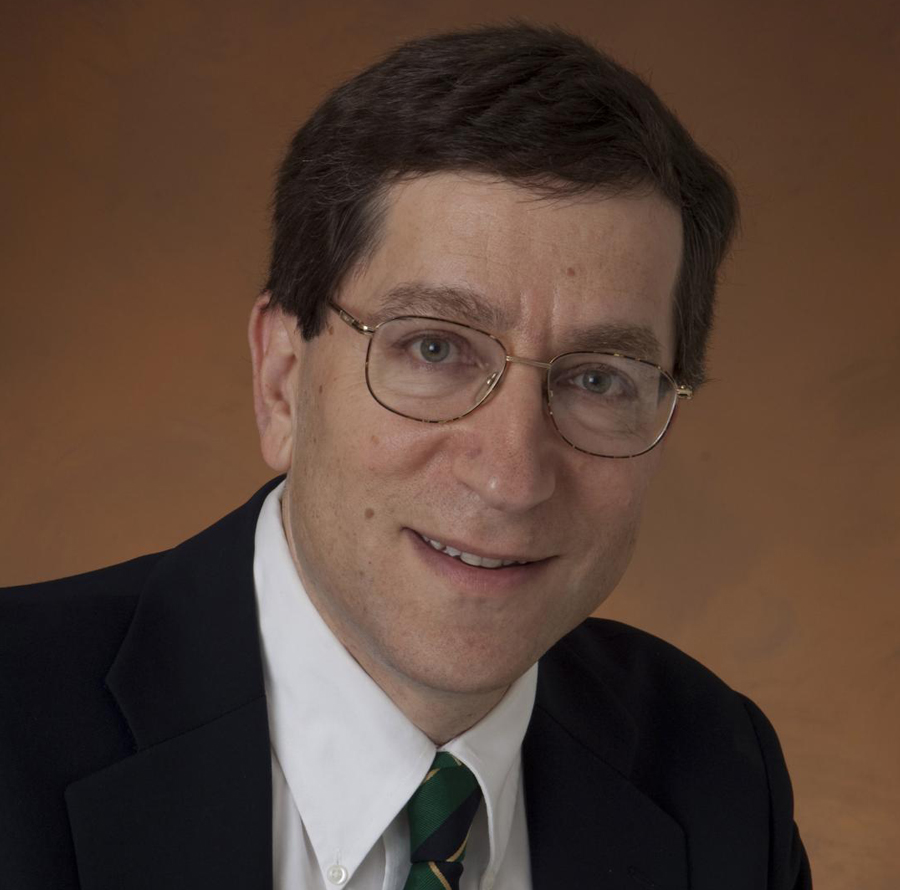 STEPHEN M. LICHTEN, PHD
STEPHEN M. LICHTEN, PHD
1981 and 1983 ARCS Scholar at California Institute of TechnologyInventor of GPS Navigation Technology
Division Manager for Communications, Tracking, and Radar; NASA Jet Propulsion Laboratory
ARCS Alum at California Institute of Technology, 1981 &1983 ARCS Scholar Awards, Sponsored by ARCS Los Angeles Chapter
ARCS Hall of Fame 2016Dr. Lichten leads a division of 550 engineers and scientists that provide scientific and technological expertise to NASA’s Jet Propulsion Laboratory (JPL) for deep space and planetary communications, navigational tracking, and active radio frequency (RF) remote sensing. Since joining JPL in 1983, he has developed precision tracking systems using Very Long Baseline Interferometry and the Global Positioning System (GPS). He led a group to determine Earth's satellite orbits to better than 1-centimeter accuracy and led JPL’s critical GPS software delivery to the FAA’s GPS Wide Area Augmentation System. This widely-used GPS technology ensures reliability and accuracy of aircraft navigation and is one of the most successful JPL commercialization efforts ever. He also managed the JPL/NASA Deep Space Network Technology Program Work Area for Tracking and Navigation for 15 years.
Steve’s organizations have successfully delivered dozens of science and telecommunications payloads for NASA missions to the Earth, Moon, Mars, Jupiter, and Saturn, and have supported missions to other planetary bodies, including Pluto. Steve has 35 refereed publications, 100+ conference papers and presentations, numerous NASA Awards, and four tracking systems-related patents: 3 for GPS, and 1 for formation flying sensors. He was on winning teams for the 1995 NASA Software of the Year (Runner-Up), 2000 NASA Software of the Year (Winner), and was inducted into the Space Technology Hall of Fame (2004 for GPS Precision Software).
Steve acknowledges the unique role ARCS Foundation plays in supporting U.S. science and engineering saying, “The ARCS grant was personally very impactful for me, as I had very limited financial resources at the time. ARCS is a wonderful organization that helps students and early career individuals when they need such help the most. I am very grateful to ARCS for this support, and now, most recently, for recognizing me yet again.”
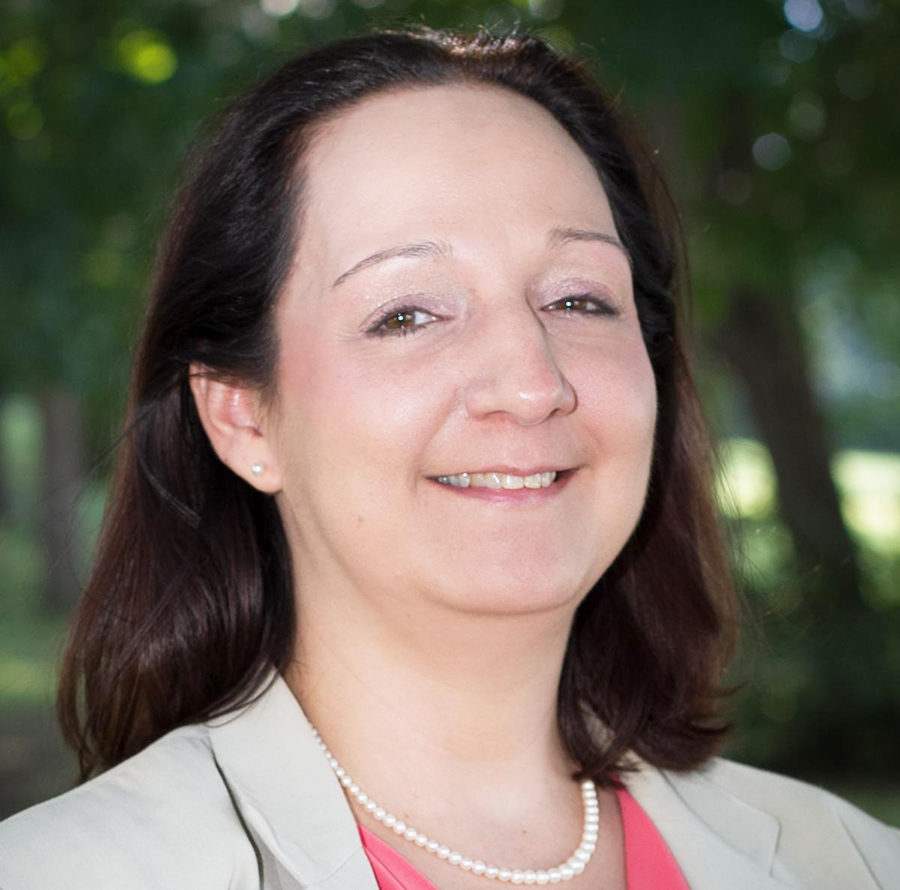 JEANNE VANBRIESEN, PHD, PE
JEANNE VANBRIESEN, PHD, PE
1992-97 ARCS Scholar at Northwestern UniversityDr. VanBriesen has conducted important research on water quality that impacts local, state, national, and international policy and engineering practices. Her research is in environmental systems, with an emphasis on the role water plays in energy and urban environments. She is an expert in biogeochemistry in drinking water and natural water systems, and her research has been funded by the National Science Foundation, the Department of Defense, and the Heinz Endowments, to name just a few. She is also an expert on water sustainability.
Besides her teaching, mentoring, and scientific innovation, Jeanne is a member of numerous boards, including the U.S. Environmental Protection Agency (EPA) Science Advisory Board. She has a firm belief that engineers should be leaders across all segments of society and is active in the Association for Environmental Engineering and Science Professors, American Society of Civil Engineers, and numerous scientific and educational societies and outreach programs. Her many awards include the 2015 Carnegie Science Center Environmental Award and the American Society of Civil Engineers’ 2015 Margaret Petersen Award. She has presented at hundreds of conferences and seminars and published more than 50 scientific papers with 2,800+ citations. Jeanne demonstrates a passion for teaching and mentoring the next generation of engineers – especially women -- and is a founding member of ARCS Foundation Pittsburgh Chapter.
Jeanne says, "ARCS Foundation had a profound effect on my graduate career and my confidence. Knowing that an organization like ARCS recognized my potential and now wants to reward the years of effort I have put into science has strengthened my resolve to work on critical problems and make a difference in the world."
2015 Inductees:
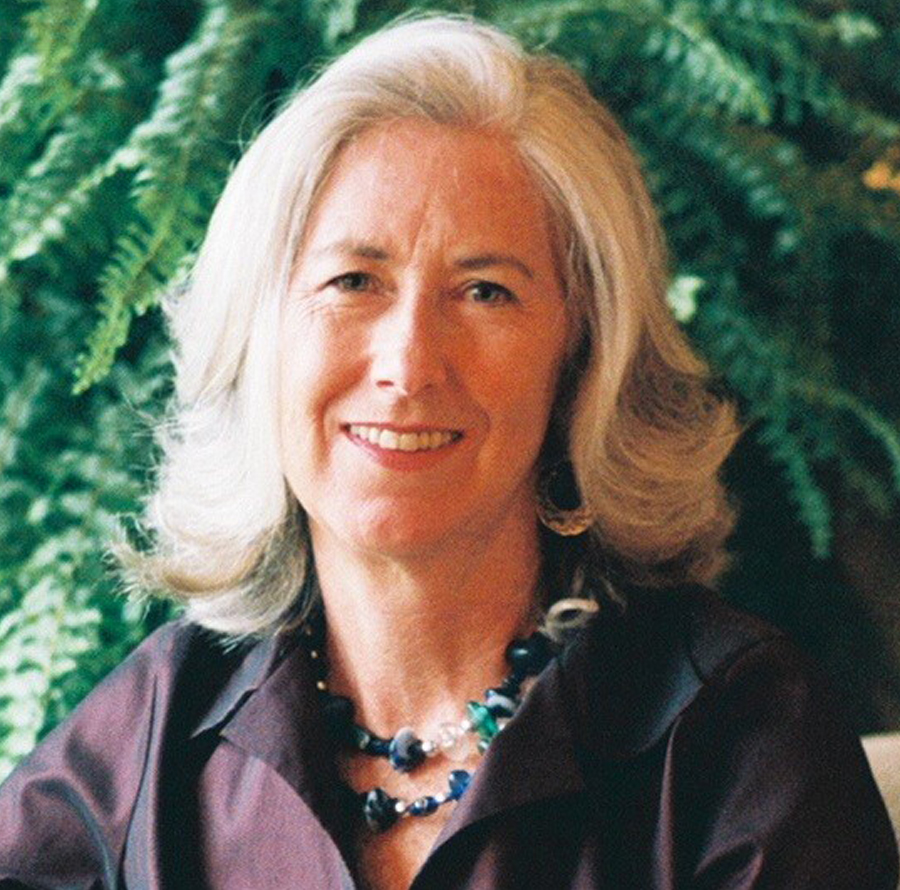 SHANNON BROWNLEE, MS
SHANNON BROWNLEE, MS
1982 ARCS Scholar at University of California, Santa CruzShannon Brownlee, MSc, is senior vice president of the Lown Institute. She and Lown Institute president Dr. Vikas Saini are co-founders of the Right Care Alliance, a network of activist patients, clinicians, and community leaders devoted to organizing a broad-based movement for a radically better health care system. Before joining the Lown Institute, Brownlee served as acting director of the health policy program at the New America Foundation. As a senior fellow at New America, she published the groundbreaking book, Overtreated: Why Too Much Medicine is Making Us Sicker and Poorer, which was named the best economics book of 2007 by the New York Times.
She was a senior writer at US News and World Report and Discover Magazine, and is the recipient of numerous awards, including a Congressional Commendation, and was named one of “four writers who changed the world” by the World Congress of Science Journalists. Her stories and essays have appeared in such publications as The Atlantic, New York Times Magazine, The Washington Post, Times of London, Time, New Republic, Los Angeles Times, BMJ, The Lancet, and Health Affairs. Brownlee is a nationally recognized speaker, has been featured in several documentary films, and has appeared on such broadcast outlets as the ABC World News, Good Morning America, Fox News, NPR, and the Diane Rehm Show, and is quoted regularly in the press. She is the author of several peer-reviewed articles in medical journals and has served on numerous scientific panels, working groups, and roundtables. From 2014-16 she was an editor of the “Less is More” section of JAMA Internal Medicine and was a lecturer from 2011-14 at the Dartmouth Institute for Health Policy and Clinical Practice.
She is currently a member of the boards of the Robert Graham Center of the American Academy of Family Practice and Families USA, and is a visiting scientist at the Harvard T.H. Chan School of Public Health. Brownlee holds a master’s degree in marine science from the University of California, Santa Cruz.
Senior Scientist of the Nuclear Science Division, Lawrence Berkeley National Laboratory
Professor of Physics at UC Berkeley
ARCS Alum at the University of California, Berkeley, 1975 Scholar Award, Sponsored by Northern California Chapter
Inducted into ARCS Hall of Fame 2015She is a leading member of the collaboration that built and operates the PHENIX detector, one of the large colliders currently operating at Brookhaven National Laboratory, and was involved in the discovery of the quark gluon plasma and its strongly coupled, liquid-like behavior. Her research has contributed significantly to our understanding of how the universe evolved. She is a member of the National Academy of Sciences; a Fellow of the American Association for the Advancement of Science; a Fellow of the American Physical Society; and has published more than 225 scientific papers and given 130 invited talks. She was also the J.R. Oppenheimer Fellow at Los Alamos National Laboratory 1984-87.
"The award from ARCS made a huge difference to me. There were few female role models in 1975, so the recognition from ARCS was important beyond the financial award."
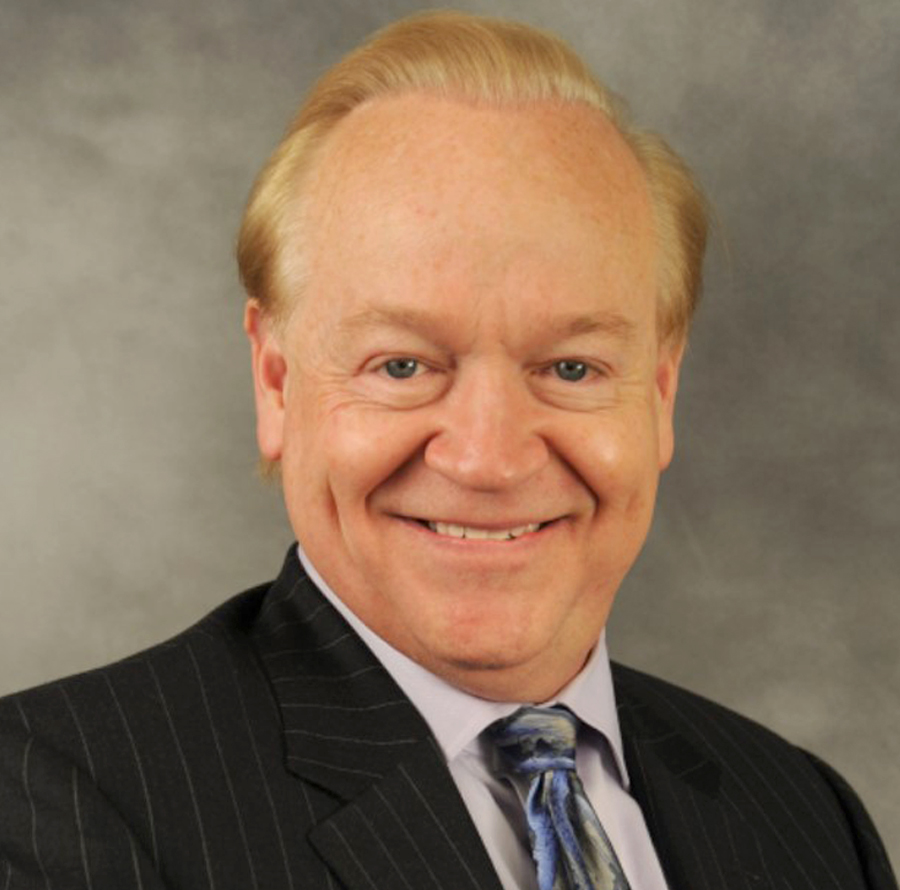 RALPH B. JAMES, PHD
RALPH B. JAMES, PHD
1979 and 1980 ARCS Scholar at California Institute of TechnologyBrookhaven National Laboratory
Senior Scientist and Group Leader
ARCS Alum at California Institute of Technology, 1979 and 1980 Scholar Awards, Sponsored by Los Angeles Chapter
Inducted into ARCS Hall of Fame 2015Dr. Ralph James served as the Associate Laboratory Director for the Energy, Environment and National Security with DOE’s Brookhaven National Laboratory. He is currently a tenured Senior Scientist and Group Leader at BNL. His transformative research in photoconductive devices and materials science has led to discoveries ranging from advances in photonic detectors to the emergence of improved semiconductors for astrophysics and medical imaging applications. He has forged a substantial and lasting impact on the future of science as an inventor, an adviser to U.S. agencies, a scientific and engineering spokesperson, and a science diplomat. Dr. James has authored more than 550 scientific publications, served as editor of 25 books, and holds 21 patents. He is a Fellow of the IEEE, SPIE, AAAS, OSA, MRS, and APS, and he has received numerous prestigious honors, including Discover Magazine Innovator of the Year, six R&D100 awards, IEEE Outstanding Radiation Instrumentation Award, 50 World’s Best Technologies Award, and Frost & Sullivan Invention of the Year, among many others. Dr. James was also the President of SPIE and served as Chairman of the Council of Scientific Society Presidents representing over 70 scientific societies and 1.4 million scientists and engineers across the globe.
“ARCS played a pivotal role in my uninterrupted pursuit of a Ph.D. by contributing to our economic security while I attended school full-time and by boosting my confidence with the knowledge that a private foundation cared enough for me and my potential to provide this recognition.”
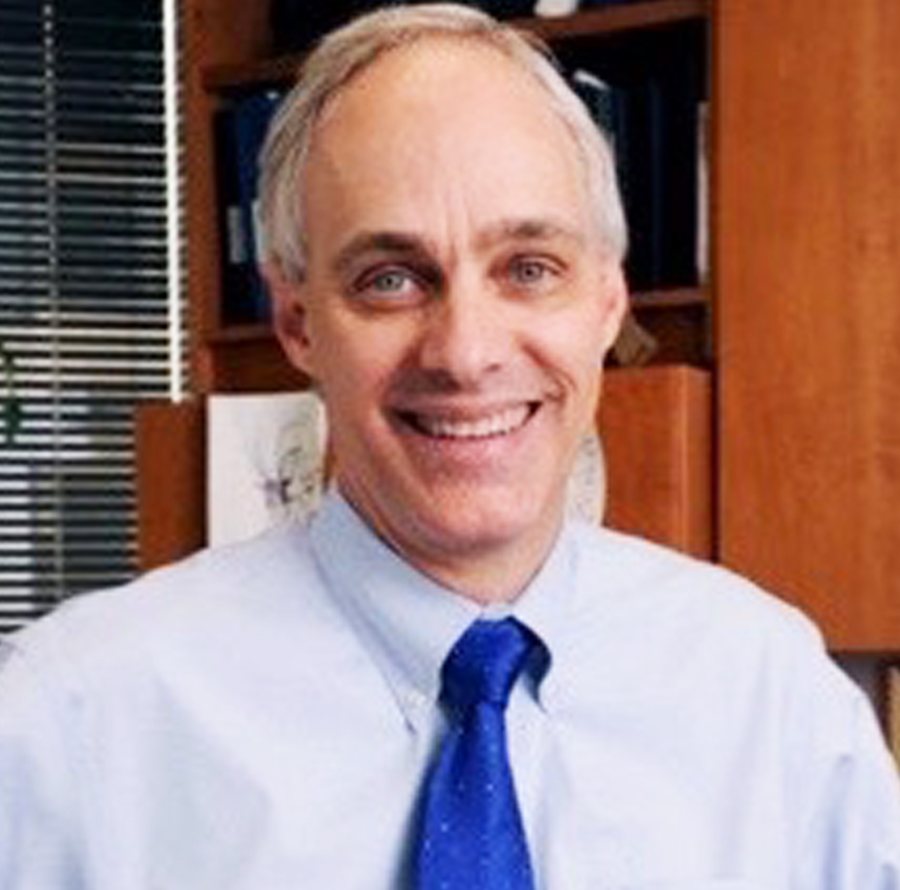 DAVID MANGELSDORF, PHD
DAVID MANGELSDORF, PHD
1981 and 1983 ARCS Scholar at California Institute of TechnologyProfessor and Chair, Department of Pharmacology
Investigator, Howard Huges Medical Institute
ARCS Alum at University of Arizona, 1985 Scholar Award, Sponsored by Phoenix Chapter
Inducted into ARCS Hall of Fame 2015His groundbreaking research on orphan receptors helped launch an entire field of biology, leading to important breakthroughs in treating conditions such as heart disease, cancer, infectious parasitic disease, diabetes, high cholesterol, and gallstone disease. From cloning the cellular receptor for vitamin D, which illuminated the genetic basis of osteoporosis and rickets, to co-founding a biotechnology firm, his successes underpin his goal to develop transformative pharmaceuticals. Focusing on the pathways that turn genes on and off, Dr. Mangelsdorf’s work and has lead to new drug targets that might be used to battle metabolic syndrome, high cholesterol, and obesity among many other conditions. A member of the National Academy of Sciences, American Society for Pharmacology and Experimental Therapeutics, American Association for Cancer Research, and The Endocrine Society, he has won numerous awards, including the Rolf Luft Award in Endocrinology and Diabetes; the John J. Abel Award in Pharmacology; and the Heinrich Wieland Prize. Dr. Mangelsdorf passed away on August 3, 2025 at the age of 67. He is survived by his wife, their three daughters and two grandchildren, his siblings, and countless academic colleagues and mentees whose lives he has impacted throughout his storied career.
“Organizations like ARCS are beacons of promise that there is a bright future in American science.”

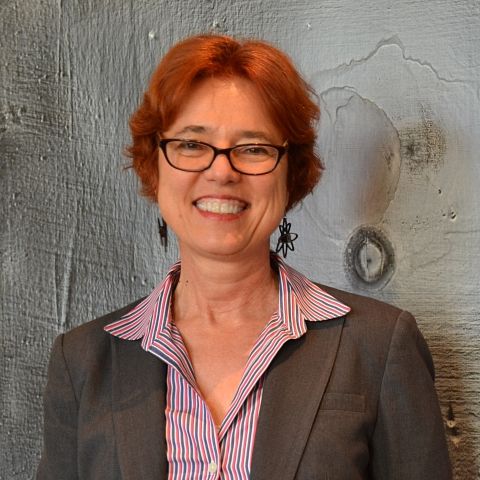 BARBARA JACAK, PHD
BARBARA JACAK, PHD